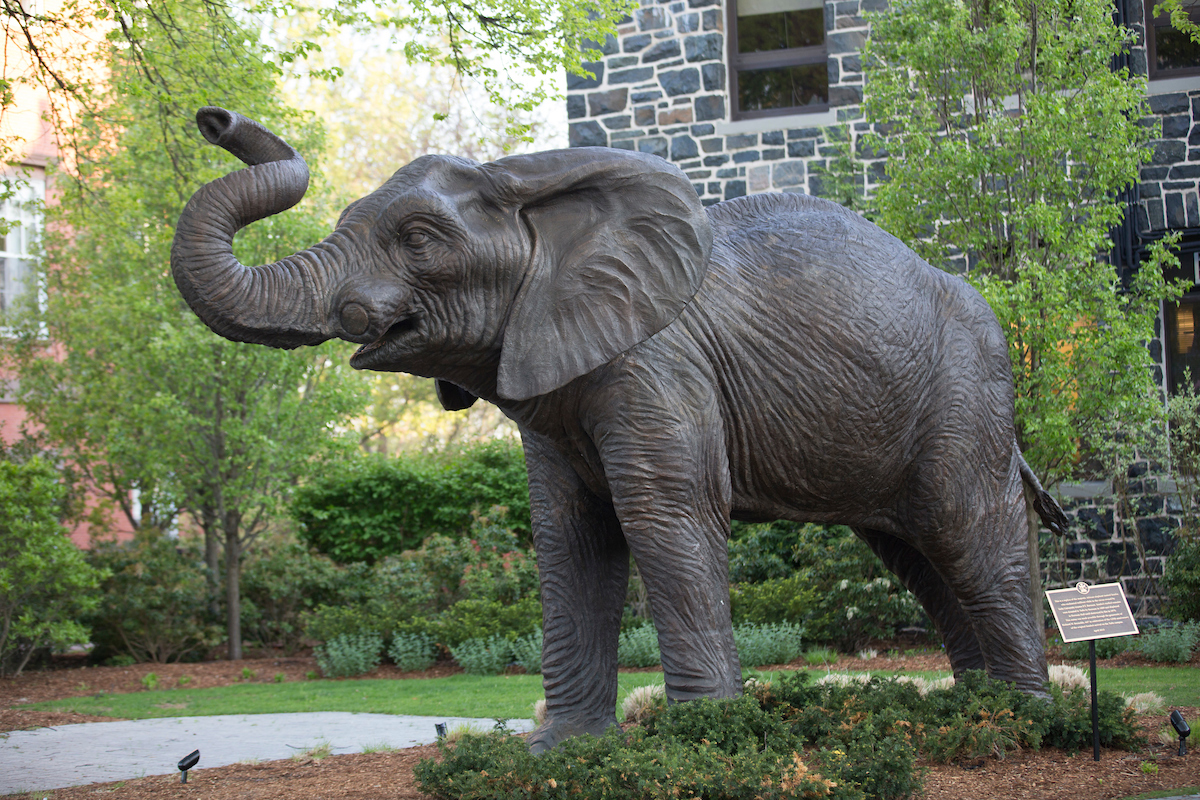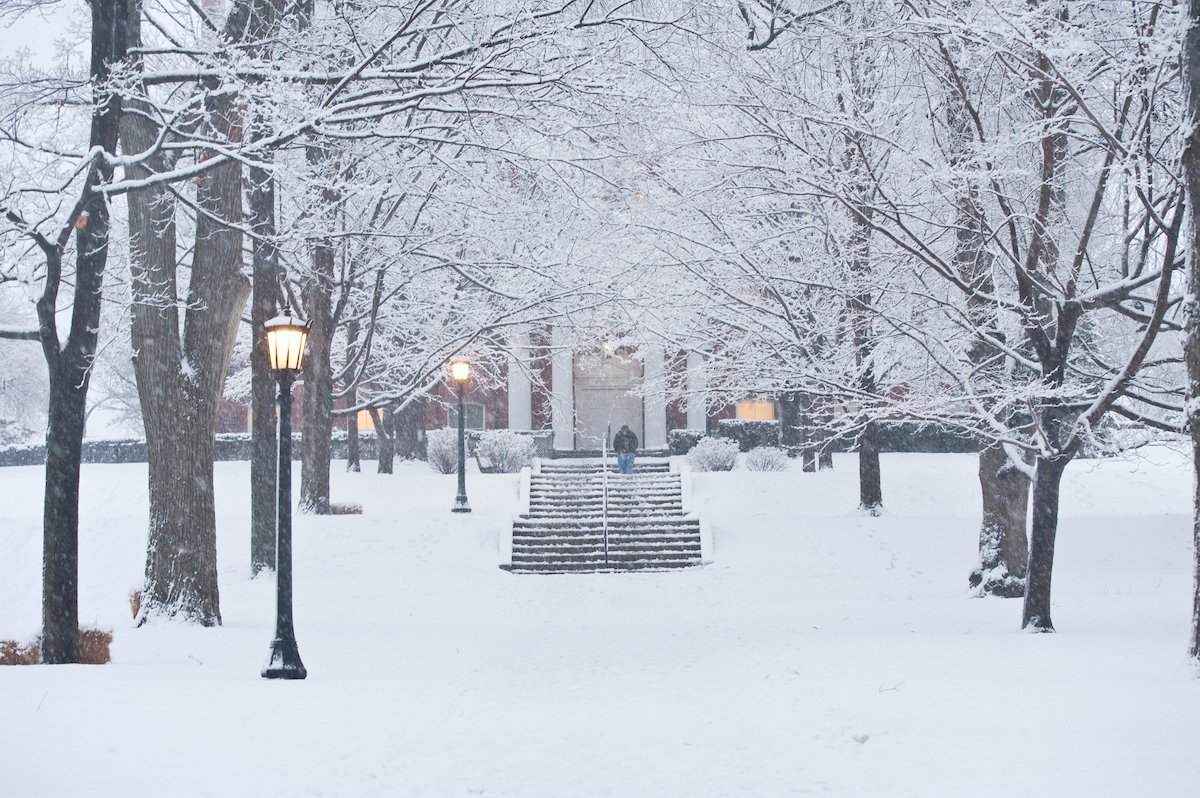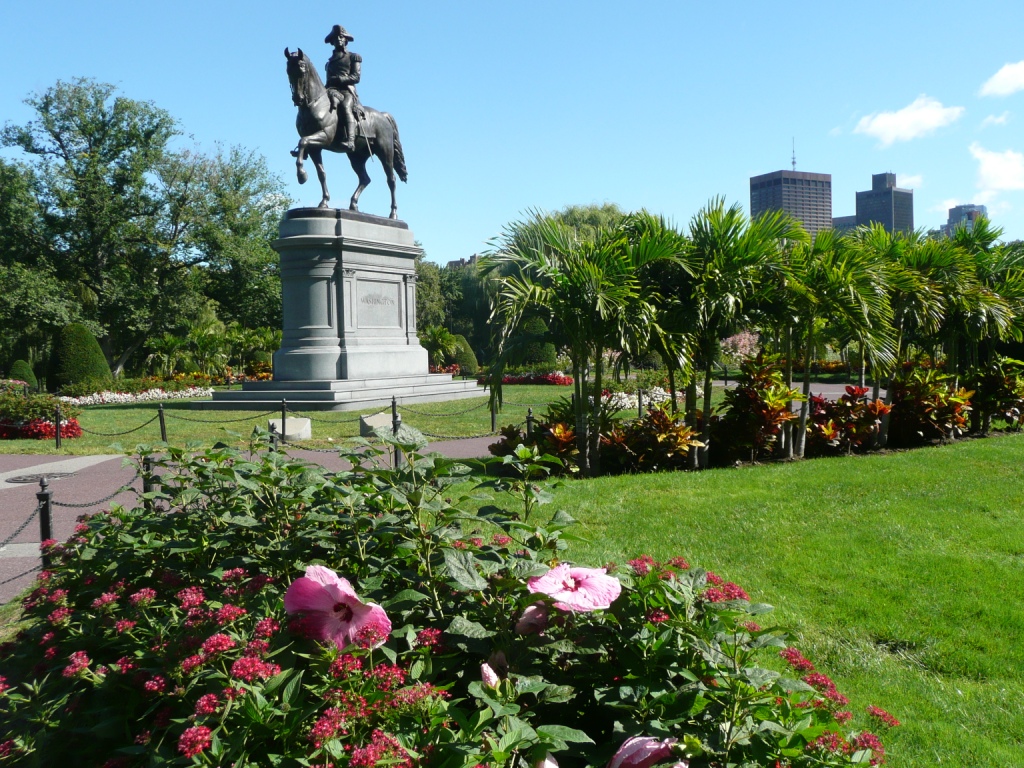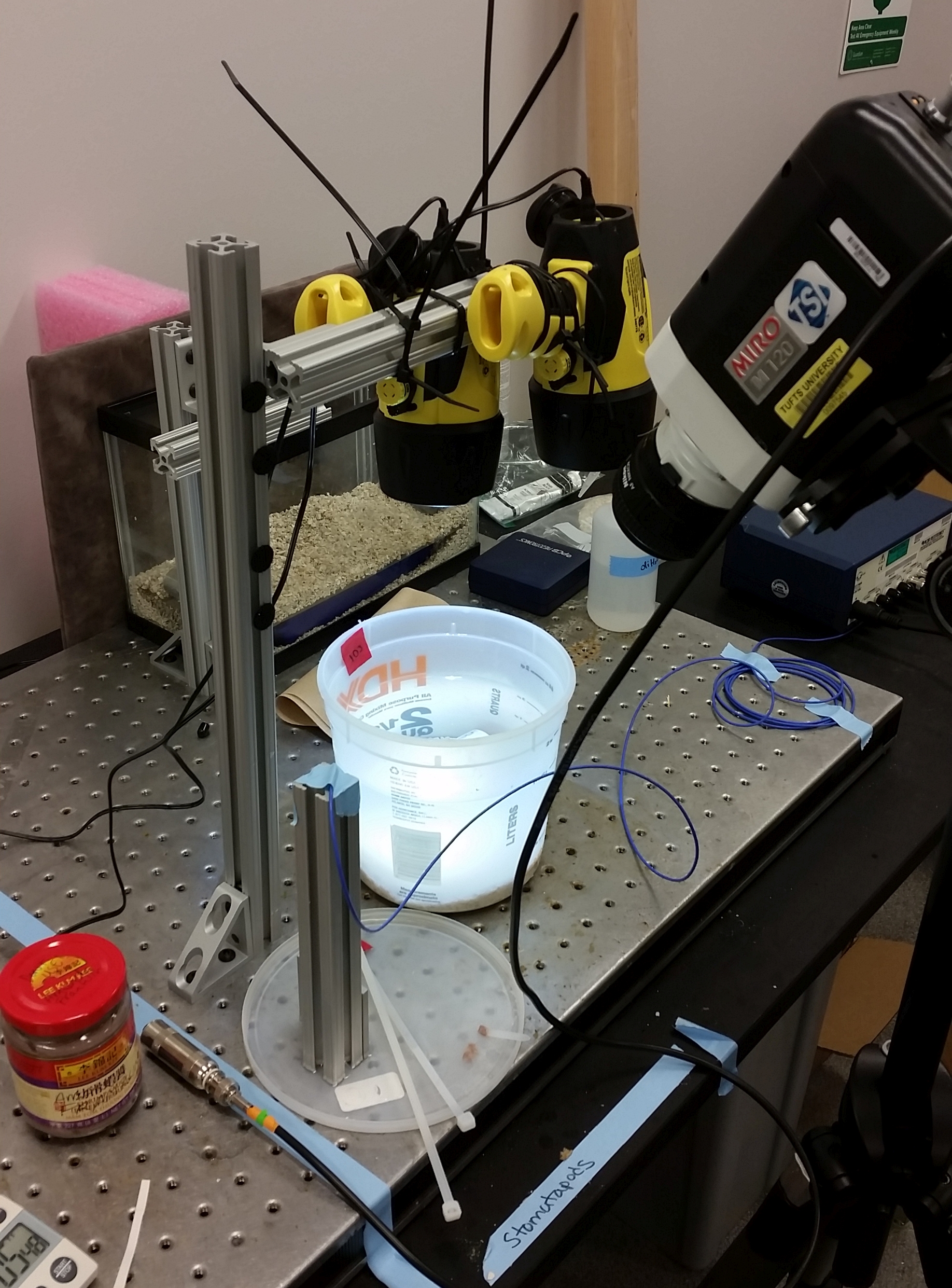Written by Kate Cottrell, Classics M.A.T. 2019
- So you’re considering taking the plunge into graduate school and Tufts. Welcome! You should know that there is no typical grad student. Sure, we all share traits, e.g. weirdly specific information on an obscure topic or an (un)healthy relationship with our favorite lab, library or coffee shop, but there is no typical path to grad school. This is great because it means whatever path gets you there is the right one. Some of us arrived at Tufts directly from undergrad, some took a few years off, some are returning after decades. Some, like me, are returning to school—again—and possibly forever. I graduated with my BA in Philosophy in 2011, took 4 years off and then did my first MA in Theological Studies at Harvard. I made the short move from Cambridge to Medford and now I’m here offering lessons learned during my first program.
-
Set Boundaries
Burnout is real. Boundaries are necessary. Our innate curiosity and intellectual drive combined with the demands on our time as students, TAs, and humans with family, friends and lives academia-adjacent is dangerous and volatile. Boundaries will look different for everyone. One limit I’ve set is that I don’t check my school email overnight between 9pm and 7am and only once a day on weekends. Learning what works for you, what will keep you sane, requires trial and error, and failure. But it doesn’t mean it can’t be fun along the way; give yourself the space to indulge in that Netflix binge, or to read that novel that you really want to read just for the hell of it, or go to that concert on a school night.
-
Protect Your Mental Health
There are some troubling studies about the mental health of graduate students. I suggest not looking at these in the middle of a 3 am “what am I doing with my life?” spiral of worry. We are (mostly) all scared or insecure and stressed. This, of course, manifests vastly differently for each person. This is a call for you to take responsibility for your mental health. Tufts offers mental health services for graduate students if that’s what managing your mental health means for you. This isn’t something I, a stranger on the internet, can pretend to advise you on: know yourself, know your needs, find the help necessary to support yourself.
-
Find Your People
Making friends as an adult is hard. It is especially difficult if it involves moving to a new city. Luckily, school is a great catalyst for building friendships. Practice setting boundaries with your academic work and taking care of your mental health by doing fun things with your cohort—go to restaurants, or hiking, or have a board game night. Really, anything really that drags you off campus and into the bustling city that is Boston is ideal. Spending hours in the library/coffee shop/your apartment pursuing academic questions only you seem to be asking can be isolating, but there’s no reason to go it entirely alone. I mean, who else are you going to frantically text about the homework due tomorrow?
-
Trust Yourself
Remember that you belong in graduate school. No, you did not trick the admissions committee into getting in. You put in the work and have built the skills that will help you be successful. There is work still to do—there is always work to do—but trust yourself to do it. Whether this means trusting your gut in proposing hypotheses, offering to sight read in a language class, or submitting and giving papers at conferences, try it. It will likely go really well. But if it doesn’t, trust yourself in failure. It does not mean you do not belong here. It’s a sign of growth and growth is uncomfortable.
-
Remember Why You’re Here
This second degree is humbling in ways I did not anticipate. After all, I have mastered material. I am a classically trained scholar with an oversized piece of heavy stock paper to prove it. And yet I still find myself struggling to translate participles and don’t even get me started on the way my brain shorts out when gerunds and gerundives are mentioned. I never thought I knew everything—learned that lesson from Socrates during my bachelor’s—but I did and still do have parts of my identity intimately tied to excelling in school, to being smart, and to performing intelligence. This process takes patience and self-forgiveness. Being healthy in grad school, as in life, takes work. The first step of that work for me is reminding myself daily that I am here to learn. We are all here to learn.









